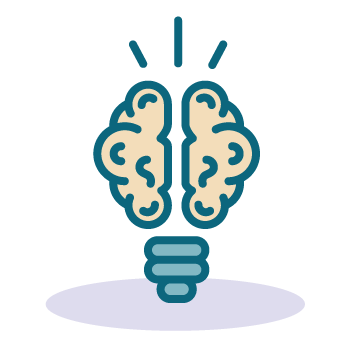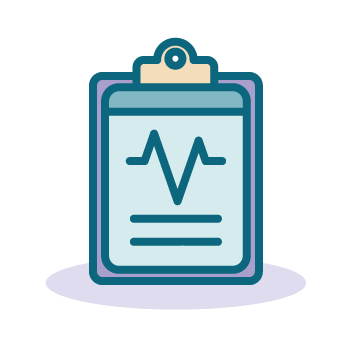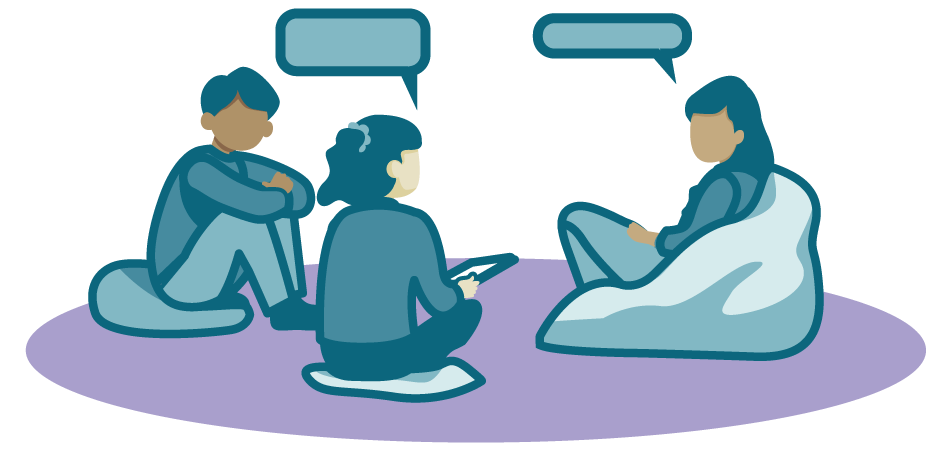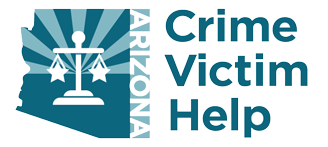Impact of Crime
When someone experiences a crime or traumatic event, it is normal to be affected in different ways. While everyone responds to trauma differently, below are some common examples of how a person might feel after experiencing a crime:

Psychological Impacts
Developing or worsening depression or anxiety
Feeling fearful
Hypervigilance, jumpiness and feeling on edge
Developing Post Traumatic Stress Disorder (PTSD)
Experiencing flashbacks and triggers
Feeling shame, guilt, or self-blame
Feeling irritable
Feeling numb
Feeling hopeless
Having trouble sleeping or experiencing nightmares
Feeling fearful
Hypervigilance, jumpiness and feeling on edge
Developing Post Traumatic Stress Disorder (PTSD)
Experiencing flashbacks and triggers
Feeling shame, guilt, or self-blame
Feeling irritable
Feeling numb
Feeling hopeless
Having trouble sleeping or experiencing nightmares

Physical Impacts
Injuries as a result of the crime
Developing chronic pain
Having migraines or other frequent headaches
Developing eating disorders
Chronic fatigue or exhaustion
Previous health conditions exacerbated
Developing chronic pain
Having migraines or other frequent headaches
Developing eating disorders
Chronic fatigue or exhaustion
Previous health conditions exacerbated

Social Impacts
Social isolation or withdrawal
Difficulty connecting with friends and family
Struggling with schoolwork
Challenges with work
Difficulty connecting with friends and family
Struggling with schoolwork
Challenges with work

How can I cope with and/or heal from trauma?
Coping with and healing from trauma looks different for everyone. There is no one way to heal, and it can feel messy, scary, challenging, and hopeful.
Some people find support through counseling and therapy, others take part in support groups with those who have had similar experiences. Journaling, meditation, spirituality, music, dance, yoga are all ways people who have experienced trauma have used to heal.
Some people find support through counseling and therapy, others take part in support groups with those who have had similar experiences. Journaling, meditation, spirituality, music, dance, yoga are all ways people who have experienced trauma have used to heal.
I need help right now. Is there someone I can talk to?
Yes. For help in an immediate crisis, you are encouraged to call an Arizona or National Crisis Hotline:
National Domestic Violence Hotline (800) 799-SAFE (7233) or (800) 787-3224 (TTY) or chat online
National Sexual Assault Hotline (800) 656-HOPE (4673) or chat online
Maricopa County (Crisis Response Network) 1-800-631-1314 or 602-222-9444
Northern Arizona (Crisis Response Network) - Apache, Coconino, Gila, Mohave, Navajo, and Yavapai Counties 1-877-756-4090
Southern Arizona (NAMI Southern Arizona) - Cochise, Graham, Greenlee, La Paz, Pima, Pinal, Santa Cruz, and Yuma 1 (866) 495-6735 or (520) 622-6000
National Sexual Assault Hotline (800) 656-HOPE (4673) or chat online
Maricopa County (Crisis Response Network) 1-800-631-1314 or 602-222-9444
Northern Arizona (Crisis Response Network) - Apache, Coconino, Gila, Mohave, Navajo, and Yavapai Counties 1-877-756-4090
Southern Arizona (NAMI Southern Arizona) - Cochise, Graham, Greenlee, La Paz, Pima, Pinal, Santa Cruz, and Yuma 1 (866) 495-6735 or (520) 622-6000


